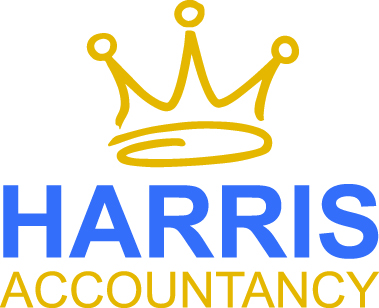 Charities are set up for a variety of reasons, and founders have the motivation and vision that drives a charity forward. Sometimes, however, founders have difficulty leaving the driving seat of ‘their’ charity. This is understandable, but it can be a problem.
Charities are set up for a variety of reasons, and founders have the motivation and vision that drives a charity forward. Sometimes, however, founders have difficulty leaving the driving seat of ‘their’ charity. This is understandable, but it can be a problem.
Trustees need to act collectively in the best interests of the charity and its beneficiaries. One person should not have the monopoly on deciding what’s best for the charity; such dominance can undermine healthy debate, strategy and good governance. Collective decision-making protects both the trustees and the charity, as everyone can be held to account.
Sometimes when founders cannot let go of ‘their’ charity, they become employees of the charity or its trading subsidiary, while continuing as trustees.
Being employed by a trading subsidiary creates the same conflict of interest and trustee benefit issues as being employed by the charity itself – it must therefore be authorised by either the charity’s governing document, or us.
Trustees need to make sure that conflicts of interest are managed, and collective decisions are made.





